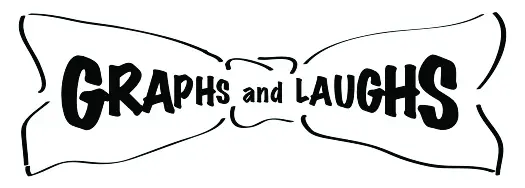70 Words
While total hours worked have declined over the past century, until recently the poor worked more hours than the upper classes. In 1965, college-educated men enjoyed more leisure than those with a high school diploma. Now, college graduates work 10…
Read MoreIn 2012, 437,000 people were murdered, thus the average person had a one-in-sixteen-thousand chance of being murdered. In Singapore, the safest country, your chances of being knocked off were 1/480,000 while in Honduras, the most violent, your chances were a…
Read MoreRather than waiting to pass housing finance reform, which is impossible, why not merge Fannie and Freddie in the meantime? Both firms do the same things — buy loans and securitize them — are regulated by the same agency, are…
Read MoreThe Friday File: A recent study that tracked 500,000 women for five years found that the chances of being in a car accident vary during pregnancy. When not pregnant and during the first month of pregnancy, the chances of being…
Read MoreWith unemployment at 11.8%, GDP growth barely positive, inflation at a microscopic 0.7% and the ECB balance sheet a trillion euro smaller than it was in 7/12, Mario Draghi will finally engage in stimulative monetary policy. While buying sovereign bonds…
Read MoreIn January 2008, the number of working Americans totaled 138,365,000. By the end of this month, that total will be surpassed, and while that’s great news, it’s 77 months later! To keep the unemployment rate from rising due to new…
Read MoreThe recently proposed $45 billion takeover of Time Warner by Comcast should be allowed. Combined competition from Verizon, AT&T/Dish, Netflix, DirectTV, Aereo, Google, Amazon, Apple and others should be enough. And while having 30 million households would give Comcast an…
Read MoreLast week Nobel Prize winning economist Gary Becker died. He was the first to use economics to explain social phenomena including discrimination, crime, divorce and family size. Based on observations over time and across cultures he concluded that the less…
Read MoreThe Friday File: No matter how measured, Hartsfield-Jackson Atlanta Airport which handled 45.8 million passenger boardings in 2012 is the busiest airport in the US. O’Hare is next at 32.2 million followed by LAX at 31.3, Miami at 30.2, Dallas-Fort…
Read MoreAt 350,000 starts/year, multifamily housing activity has largely returned to pre-recession levels. However, at 650,000 starts/year single-family activity remains mired in levels only seen in recessions, despite an economy about to enter the sixth year of a recovery. Were single-family…
Read More